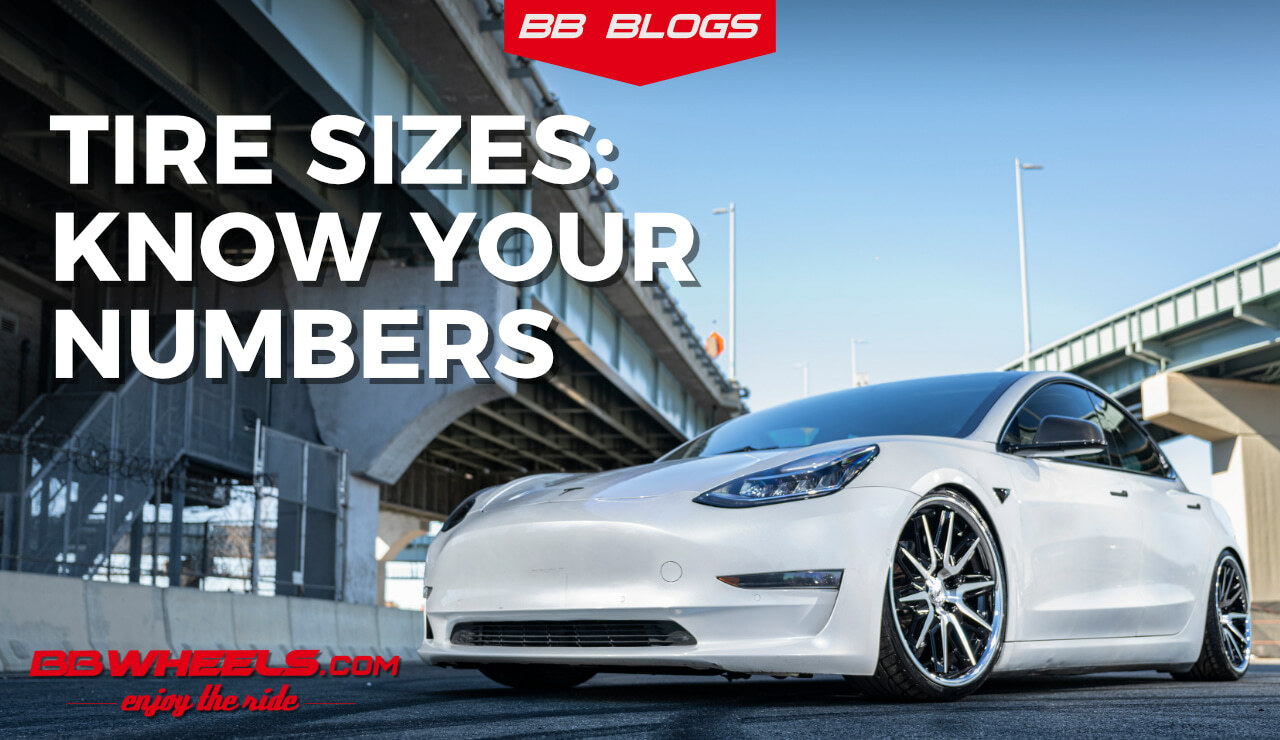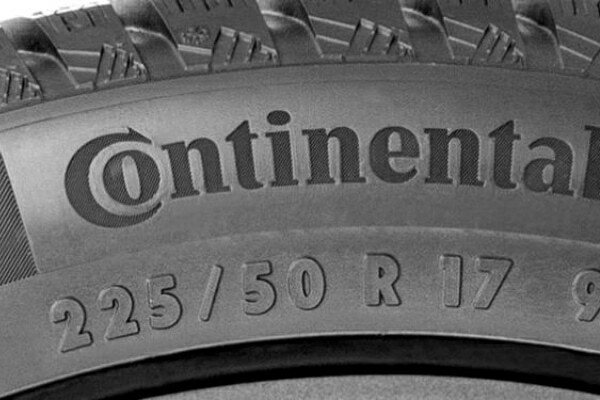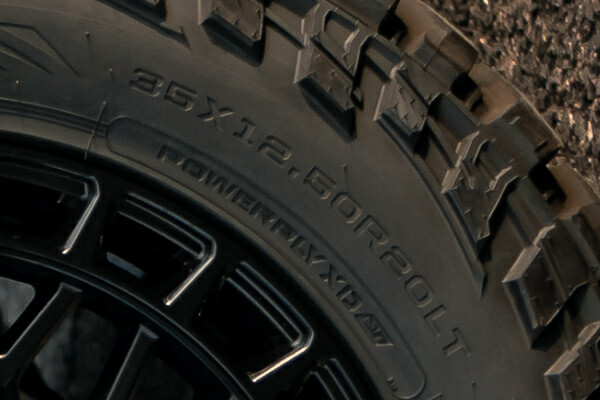Decoding Tire Size Numbers: What They Really Mean
Posted by BB Wheels on 7th Mar 2024

Decoding Tire Size Numbers: What They Really Mean
Ever found yourself staring at your tire's sidewall, wondering what those numbers mean? You're not alone. Understanding tire size numbers is essential for proper maintenance and replacement. Today, we're simplifying these numbers to help you make informed decisions about your tires.
Understanding Metric Tire Sizes

Most tires feature metric sizes, a standard across many countries. Let's break down what each part of "225/50R17" means:
- 225 is the tire's width in millimeters. It measures how wide the tire is from one sidewall to another.
- 50 represents the aspect ratio, indicating that the tire's height is 65% of its width. A lower number suggests a lower profile tire.
- R stands for Radial, referring to the tire's construction and how its layers are arranged.
- 17 indicates the wheel's diameter in inches. This number is crucial for ensuring the tire fits your rim perfectly.
Understanding Standard (Inch) Tire Sizes

Though less common, you might encounter standard (inch) sizes, particularly for larger vehicles or specialty tires. A size like "31x10.50R15LT" can be decoded as follows:
- 35 is the tire's diameter in inches, measuring how tall the tire is.
- 12.50 is the width in inches, showing how wide the tire spreads.
- R again stands for Radial construction.
- 20 is the rim diameter in inches, essential for fitting.
- LT designates the tire is suited for Light Trucks, indicating its use and load-bearing capacity.
Tips for Choosing the Right Tire Size
Selecting the right tire size isn't just about aesthetics; it affects your vehicle's handling, fuel efficiency, and safety. Always consult your vehicle's manual or a professional when considering tire replacements or upgrades.
To help further, we've compiled some frequently asked questions:
FAQ Section
- What do the numbers in a tire size mean?
- The numbers in a tire size represent the tire's width, aspect ratio, and the diameter of the wheel it fits. For example, in "225/50R17", 225 is the width in millimeters, 50 is the aspect ratio (height is 65% of the width), and 17 is the wheel diameter in inches.
- Can I use tires with a different size than what my vehicle manufacturer recommends?
- It's essential to use the tire size recommended by your vehicle's manufacturer to ensure optimal performance, safety, and fuel efficiency. Using a different size can affect the handling and safety of your vehicle. If you're considering a different size, consult with a professional.
- What is the difference between all-season and winter tire sizes?
- All-season and winter tires may come in the same sizes but are designed with different tread patterns and rubber compounds. Winter tires are specifically engineered to offer better traction, braking, and handling in cold, snowy, or icy conditions.
- How often should I check my tire condition?
- Regularly inspect your tires for tread depth, wear, or damage, and ensure they are properly inflated. A seasonal check or before long trips is recommended.
- Can I mix tire sizes on my vehicle?
- Mixing tire sizes is generally not recommended as it can lead to handling issues and might affect the vehicle's drivetrain. However, some vehicles are designed with staggered tire setups, meaning the rear tires are larger than the front for performance reasons. Always aim to use the tire sizes recommended by your vehicle's manufacturer and consult a professional if you're considering different sizes for consistent and safe performance.
- What does the 'R' in tire sizes mean?
- The 'R' in tire sizes stands for Radial construction, which is the standard design for most tires today. Radial tires are constructed with layers of fabric cords positioned at a 90-degree angle to the direction of travel, offering improved strength, stability, and efficiency.
Wrapping Up
Confused about which tire size is best for your vehicle? BB Wheels is here to help. With an extensive selection of tires and aftermarket wheels, we'll ensure you find the perfect fit. Give us a call at 320-333-2155 for personalized advice from our experts.

